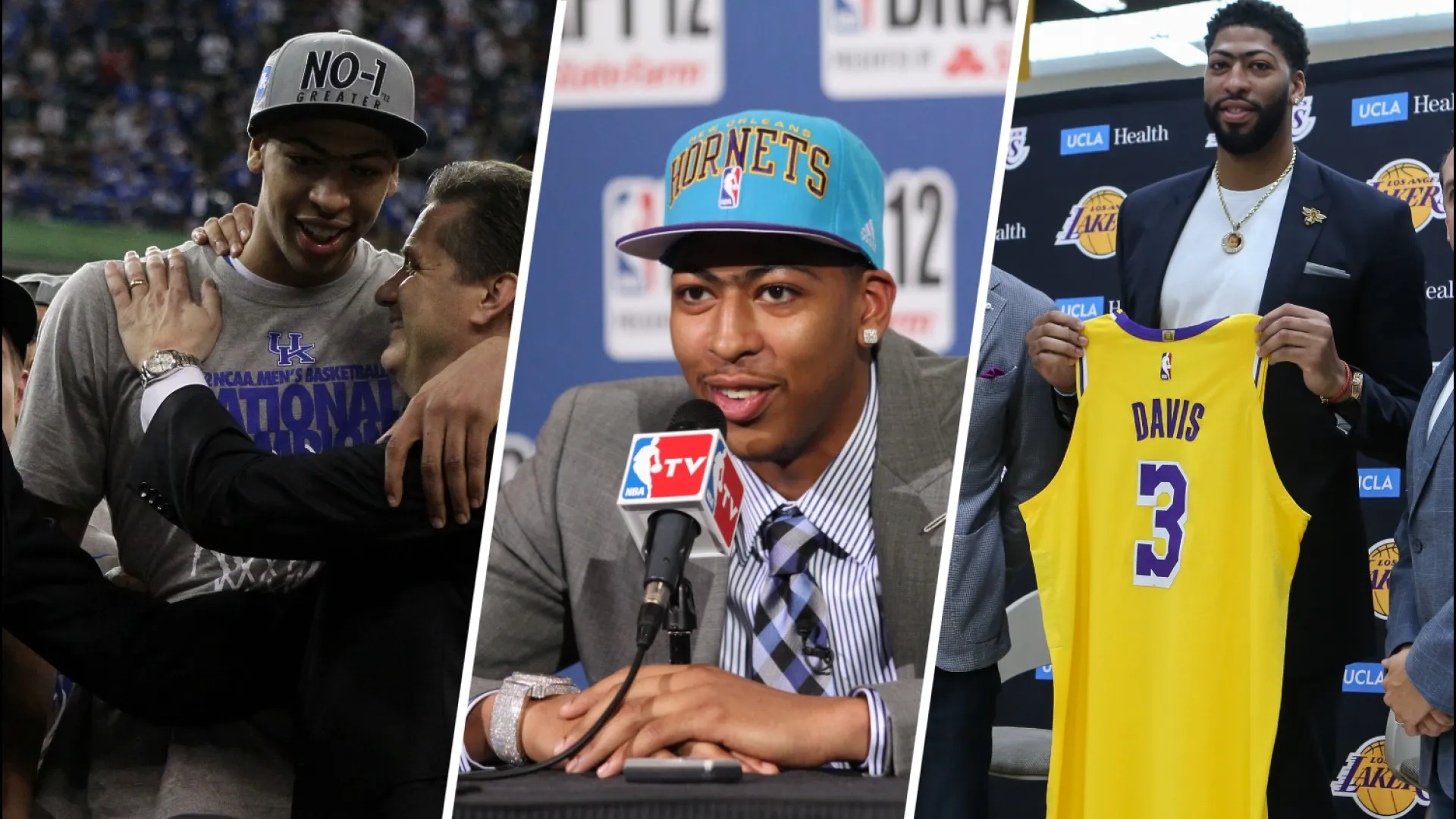
Monday, Sept. 19, 2011
Posted: 11:16 a.m.
By Taylor Bell
CSNChicago.com
READ: CSN's Top 20 Preps Rankings - Week 4
WATCH: High School Lites, Week 4: St. Rita squeaks out win
READ & WATCH: Loyola cruises to victory at Providence
Tom Winiecki didn't want to be a football coach. So who would have dreamed that he would coach for 31 years?
Oh, he loved to play the game. A Leo graduate of 1958, he started on the Lions' 1956 Prep Bowl Championship team, then went on to be a two-time letter-man at Michigan State. But that's when the 5-foot-10, 215-pound tackle figured his football career was over. He had other plans.
"I had planned to be one of three things; a union representative, a government representative or work with the unions in some capacity," said Winiecki, who was completing his degree in economics. "Chicago is a big union town and my father was a steelworker. I knew one thing for sure, I didn't want to coach."
Stay in the game with the latest updates on your beloved Chicago sports teams! Sign up here for our All Access Daily newsletter.
But Larry Bielat, a Michigan State teammate and a Gordon Tech graduate, got a job at Gordon Tech on the recommendation of Michigan State coach Duffy Daugherty. When Daugherty asked Winiecki what he wanted to do, he agreed to join Bielat as an assistant in 1963. Three years later, he became head coach.
"I figured coaching would be like the Peace Corps, that I'd get out after a few years. But I really enjoyed it," Winiecki said. "I respected what coach Jim Arneberg had done for me at Leo. We had a lot of good times. I loved my relationship with the coaches and the kids."
So much so that Winiecki turned down an offer from former Mount Carmel coach Frank Maloney to join Maloney's staff at Syracuse. He had other offers, including Illinois.
"But it came down to the fact that I'd rather have Frank's friendship than having to protect his back," Winiecki said. "I always enjoyed the relationship that I had with coaches in the Catholic League and at Gordon Tech in particular."
From 1966 to 1996, Winiecki posted a 192-112-2 record and won a state championship in 1980. He is most proud of the players he helped to send to college and the 13 present and past coaches who developed under his leadership, including his son Steve, now head coach at Deerfield.
It all adds up to a distinguished career that has earned a spot in the Chicagoland Sports Hall of Fame's class of 2011. Winiecki and 19 other honorees will be recognized on Wednesday at Hawthorne Race Course, 3501 S. Laramie in Cicero.
Winiecki will feel at home. The class includes four other Chicago Catholic Leaguers--former Big 10 official Frank Strocchia, Loyola football coach John Holecek, basketball coach Tom O'Malley and the late Mike Rabold.
Winiecki served as president of the Catholic League's athletic directors for 13 years and Strocchia was a longtime commissioner of the Catholic League. Strocchia was also a well-known football official and spent many Sundays arguing with Winiecki on the sideline.
"He worked in the Big 10 with Bo (Schembechler) and Woody (Hayes) on Saturdays, then worked Catholic League games at Gately Stadium on Sundays," Winiecki said. "I told my kids: 'Don't give him any lip.' He gave so much to the league. He brings back old memories. It's ironic to see us going into the Hall of Fame together."
Others who will be inducted at the 15th annual event are former Proviso East and Marquette basketball star Glenn "Doc" Rivers, now coach of the Boston Celtics, former Julian, Illinois and Denver Broncos' football star Howard Griffith, and former Robeson, Colorado and Dallas Cowboys football star Mickey Pruitt, now football coordinator for the Chicago Public League.
Also former NFL players Dave Casper and Paul Flatley, volleyball coach Therese Boyle-Niego of Loyola University, former Chicago Cubs pitcher Milt Pappas, former Chicago Blackhawks star Pierre Pilote, sports agent Steve Zucker, and former DePaul track and field star Mabel Landry Staton.
Special award recipients are NFL star Barry Sanders, Connecticut basketball coach Jim Calhoun, former Chicago Blackhawks star Bobby Hull, former Notre Dame and NFL star Rocky Bleier and former WGN sports editor Jack Rosenberg.
So much has changed since the Catholic League was dominated by such iconic figures as Winiecki, Fenwick's Tony Lawless, St. George's Max Burnell, St. Rita's Pat Cronin, St. Laurence's Tom Kavanagh, Loyola's Bob Spoo and John Hoerster, Mendel's Lou Guida, Brother Rice's Tom Mitchell and Mount Carmel's Frank Lenti.
Two issues that helped drive Winiecki into retirement were communication with parents and college recruiting.
"I coached football and worried about the kids on the field and in the classroom. I didn't have to worry about parents -- not until the end," he said. "Maybe that's why coaches get out, why they don't coach for 20 or 30 years anymore, too much pressure from parents.
"The Internet and scouting services and scholarship organizations and sports talk radio and exposure camps have changed attitudes. Parents begin to think they now as much or more than the coach. If I listened to them, I'd be changing plays and lineups every day. The school administration has to support the coaching staff."
Winiecki pointed out that parents used to trust the coach to handle their son's recruiting and college coaches accepted a high school coach's evaluation of a prospect. Recruiters came to the school to view eight and 16-mm film for hours at a time, no longer.
"College coaches started bypassing you. Instead, they would go directly to the kid or a recruiting analyst. It got to the point where they didn't need a high school coach anymore," Winiecki said. "I used to tell them who could play for them. In those days, your word was good. I sent kids to Illinois, Michigan, Purdue and Northern Illinois. They respected your opinion. But then everything changed.
"Today, you have to coach 13 months out of the year. You have to promise kids that they will get better exposure with your offense. Kids used to take summers off, now there is pressure to attend summer camps and 7-on-7 camps or weightlifting workouts. If you don't attend, you're told that you will be overlooked by the college coaches.
"For me, coaching wasn't fun anymore. I didn't enjoy it. That's why I gave it up. I loved the hunt, the game itself. The thrill of the hunt was still there but I didn't enjoy the process. In my view, kids were burning out. They weren't allowed to be kids."


